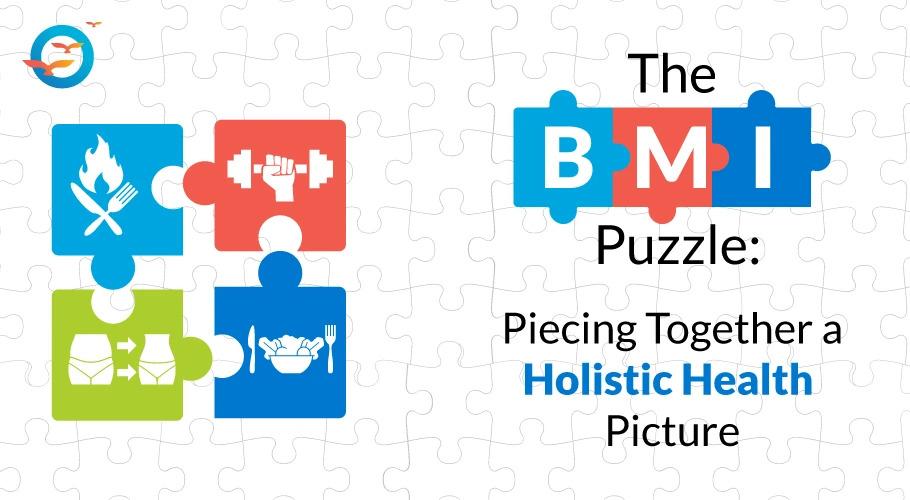Understanding Body Mass Index (BMI)
Body Mass Index, commonly known as BMI, is one of the most widely used methods to check if a person’s weight is in a healthy range. It is often seen as a quick screening tool to identify possible health risks linked with being underweight, overweight, or obese. While it is not a perfect measure, it gives a useful starting point to understand body weight in relation to height.
BMI is calculated by dividing a person’s weight in kilograms by the square of their height in meters (kg/m²). This simple calculation is backed by research and is often used as an estimate of body fat. The World Health Organization (WHO) classifies BMI into categories: underweight is below 18.5, normal weight is between 18.5 and 24.9, overweight falls between 25 and 29.9, and obesity is 30 or above. These ranges are helpful, but they should not be treated as the final word on someone’s health.
One limitation of BMI is that it does not distinguish between fat and muscle. For example, athletes and bodybuilders may have a high BMI even though they have very little body fat. BMI also does not consider differences across ethnic groups, body structure, or bone density. Age and gender, which influence fat distribution, are not accounted for either. Because of these gaps, BMI should always be looked at along with other health markers like waist circumference, lifestyle, and medical history.
Still, the advantage of BMI is its simplicity. It is quick, easy to calculate, and widely accepted as a screening tool. It is especially useful for large population-level studies to identify trends in obesity and related health issues.
At Freedom From Diabetes (FFD), we encourage people to first aim for a healthy BMI as the base of their journey. Reaching a healthy BMI not only supports weight control but also plays a big role in reversing diabetes and preventing lifestyle diseases.
In conclusion, BMI is a helpful tool but not the only one to measure health. To stay truly healthy, a holistic approach that looks at nutrition, physical activity, and overall wellness is more important than focusing only on BMI.
To REad more about this, visit our blog,
https://www.freedomfromdiabetes.org/blog/post/body-mass-index-bmi/3957

